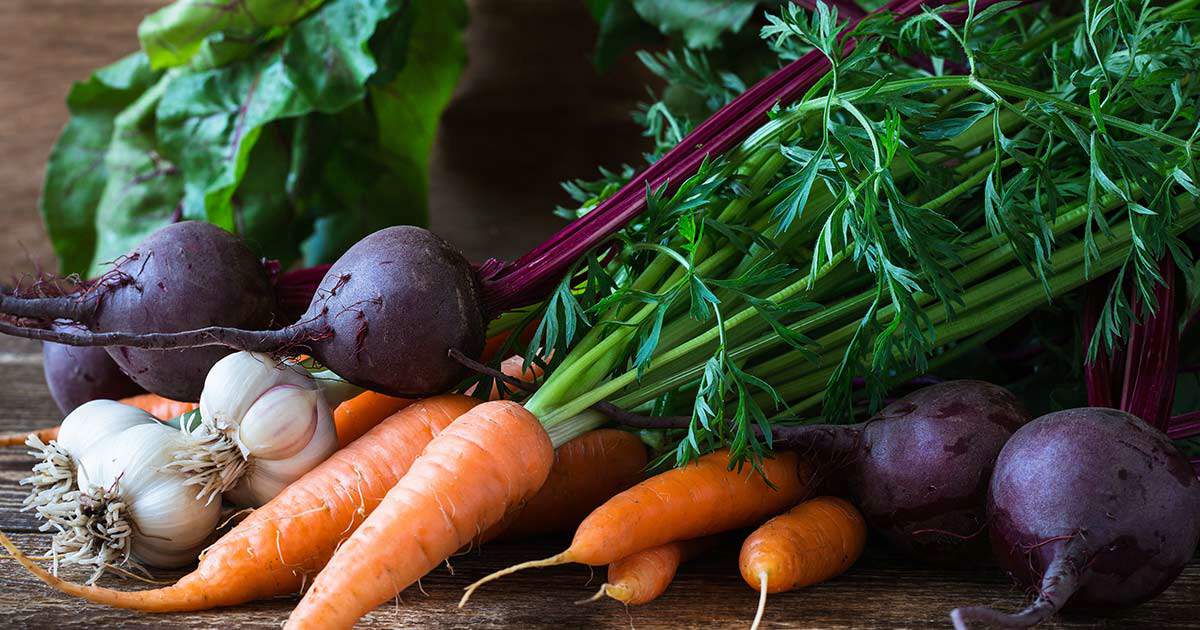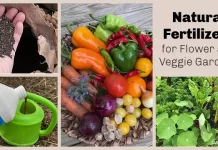Farmers are increasingly turning to organic methods for growing fruits and vegetables due to several reasons: Organic Methods for Growing Fruits and Vegetables

Health Benefits:
Organic fruits and vegetables are grown without synthetic pesticides, herbicides, or fertilizers. As a result, they are free from potentially harmful residues commonly found in conventionally grown produce. Consumers are becoming more health-conscious and are choosing organic produce for its perceived health benefits.
Environmental Concerns:
Organic farming practices prioritize soil health, biodiversity, and environmental sustainability. By avoiding synthetic chemicals, organic farmers reduce pollution, protect water quality, and promote biodiversity. This approach aligns with growing concerns about climate change and its impact on agricultural ecosystems.
Market Demand:
There is a growing demand for organic produce among consumers who prioritize health, sustainability, and environmental stewardship. As a result, farmers see organic farming as a lucrative opportunity to tap into premium markets and command higher prices for their produce.
Regulatory Support:
Many governments around the world have introduced regulations and certification programs to support organic farming. These programs provide standards for organic production, certification processes, and labeling requirements, giving consumers confidence in the authenticity and quality of organic products.
Soil Health and Long-Term Sustainability:
Organic farming practices focus on building and maintaining soil health through techniques such as crop rotation, cover cropping, and composting. Healthy soils are essential for sustainable agriculture, as they provide essential nutrients to plants, improve water retention, and support diverse microbial communities.
Pest and Disease Management:
Organic farmers use a variety of techniques to manage pests and diseases without synthetic chemicals. These include crop rotation, intercropping, biological control methods, and the use of resistant plant varieties. While organic farming may require more labor-intensive pest management strategies, it reduces reliance on synthetic pesticides and promotes ecosystem resilience.
Consumer Preferences and Ethics:
Many consumers choose organic produce based on ethical considerations, such as supporting small-scale farmers, promoting animal welfare, and reducing their environmental footprint. Organic farming aligns with these values by prioritizing sustainable and ecologically sound agricultural practices.
Overall, the shift towards organic farming reflects a growing awareness of the interconnectedness between agriculture, human health, and the environment. By adopting organic methods, farmers can meet consumer demand for safe, nutritious, and environmentally friendly produce while promoting long-term sustainability in agriculture.
FASTNEWS Organic flower IN HINDI FASTNEWS Organic IN HINDI fastnews Organic Vegetables fastnews Organic Fruits FASTNEWS Organic flower IN HINDI FASTNEWS Organic IN HINDI fastnews Organic Vegetables fastnews Organic Fruits






